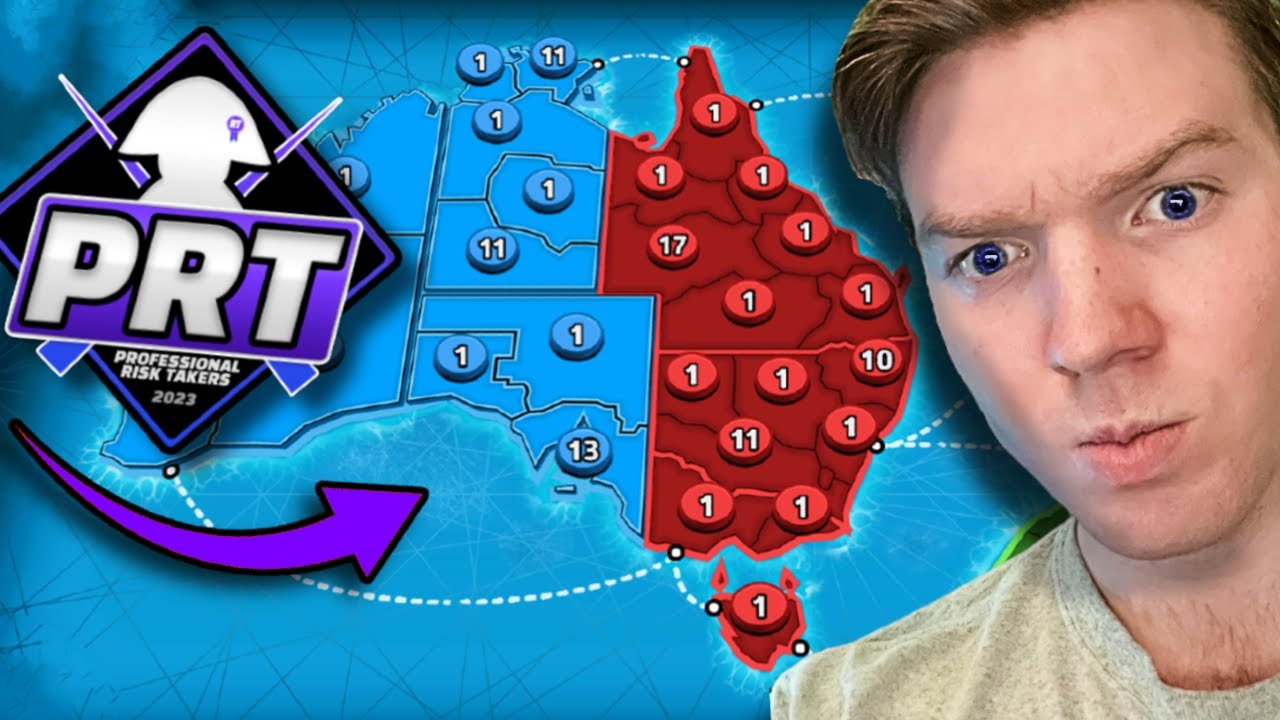Specialized Risk Competitions
In today’s rapidly evolving world, businesses and organizations continually face a myriad of risks that threaten their operational integrity and strategic goals. Specialized risk competitions have emerged as a vital tool for navigating these challenges, providing insights that enhance decision-making and strategic planning. According to a  report, organizations that proactively engage in risk competitions are better positioned to identify and mitigate potential threats.
report, organizations that proactively engage in risk competitions are better positioned to identify and mitigate potential threats.
This article delves into the concept of specialized risk competitions, exploring their significance, methodologies, and the diverse types that are shaping the business landscape. Readers will gain valuable insights into how these competitions can help in anticipating risks, developing strategic responses, and ensuring organizational resilience.
Understanding Specialized Risk Competitions
Specialized risk competitions are structured events where organizations or individuals present their risk management strategies, analyses, and solutions. Participants are usually assessed based on their ability to identify, analyze, and mitigate specific risks associated with their industries.
The Importance of Risk Competitions
- Enhancing Awareness: These competitions foster awareness about various risks, educating participants on emerging threats and effective management techniques.
- Innovation in Risk Management: By encouraging creativity and collaboration, these events stimulate innovative approaches to tackling risks.
- Networking Opportunities: Participants can connect with industry leaders and peers, sharing insights and best practices.
Key Benefits of Participating in Risk Competitions
Organizations that engage in risk competitions can reap several benefits:
- Benchmarking: Competitions provide a platform for organizations to benchmark their risk management strategies against those of their peers.
- Exposure to Best Practices: Participants gain access to tried-and-tested practices from leading professionals in the field.
- Improved Decision-Making: The insights gained can lead to improved decision-making and strategic planning, ultimately enhancing operational efficiency.
Types of Specialized Risk Competitions
There are various types of specialized risk competitions tailored to address the unique challenges faced by different industries.
1. Cybersecurity Risk Competitions
As cyber threats become increasingly sophisticated, cybersecurity risk competitions focus on developing and showcasing strategies to mitigate these risks. Participants may engage in simulations, presenting their responses to hypothetical cyber-attack scenarios.
2. Financial Risk Competitions
Financial risk competitions assess organizations on their ability to manage market, credit, and operational risks. These competitions often require participants to analyze complex financial data and propose risk mitigation solutions.
3. Environmental Risk Competitions
With climate change and environmental issues at the forefront, environmental risk competitions address organizational readiness to face ecological challenges. Participants propose sustainable practices to mitigate environmental risks.
4. Health and Safety Risk Competitions
These competitions evaluate how organizations manage health and safety risks, often within high-stakes industries such as construction and manufacturing. Participants showcase their strategies for promoting workplace safety and compliance with regulations.
5. Operational Risk Competitions
Focused on internal processes, operational risk competitions challenge participants to enhance efficiency and reduce potential disruptions through effective risk management approaches and strategies.
Methodologies in Risk Competitions
The methodologies used in specialized risk competitions vary, but they often include theoretical frameworks, careful analysis, and practical applications. Here are some common methodologies:
1. Risk Assessment Frameworks
Many competitions rely on established frameworks such as the ISO 31000 or COSO ERM, which guide participants in assessing risks systematically. These frameworks provide a structured approach for identifying and analyzing risks, ensuring consistency in evaluations.
2. Scenario Analysis
Scenario analysis lets participants explore potential future events and assess their impact on organizations. This method encourages creative thinking while allowing competitors to demonstrate their analytical abilities in practical situations.
3. Case Studies
Competitors may utilize case studies from real-life organizations to evaluate risk management processes. Participants analyze the effectiveness of different strategies and offer recommendations based on their findings.
4. Peer Review Process
Many competitions include a peer review component, allowing participants to critique each other’s submissions. This collaborative element encourages a culture of learning and improvement.
Real-World Examples of Risk Competitions
Real-world competitions illustrate the value of these specialized events in enhancing risk management practices. Here are a few notable examples:
1. The Cybersecurity Awareness Challenge
This annual event invites teams from various organizations to compete in identifying and responding to cybersecurity threats. Participants are tasked with protecting a simulated infrastructure while facing real-world cyber-attack scenarios.
2. Financial Risk Innovations Competition
Held by major financial institutions, this competition encourages teams to develop innovative solutions to modern financial risks. Winning teams often receive funding and mentorship to further develop their ideas.
3. Environmental Risk Mitigation Challenge
Organizations compete to develop sustainable strategies addressing environmental risks. This event raises awareness and promotes actionable solutions to pressing ecological challenges.
Preparing for Specialized Risk Competitions
Preparation is crucial for success in specialized risk competitions. Below are some tips for aspiring participants:
1. Understand the Guidelines
Familiarize yourself with the competition requirements and evaluation criteria. Each competition has specific guidelines that need to be adhered to for successful participation.
2. Research Thoroughly
Conduct comprehensive research relevant to the competition theme, staying informed about current risks and mitigation strategies.
3. Collaborate with Peers
Work closely with team members to brainstorm ideas and develop a cohesive strategy. Diverse perspectives can enhance problem-solving approaches.
4. Practice Presentation Skills
Effective communication is essential; practice presenting your ideas clearly and confidently. Engage your audience and anticipate potential questions.
Conclusion
In conclusion, specialized risk competitions are invaluable platforms for organizations and individuals seeking to enhance their risk management strategies. By fostering innovation, encouraging collaboration, and providing networking opportunities, these competitions equip participants with the tools necessary to navigate an increasingly complex risk landscape. As businesses continue to evolve and face new challenges, engaging in these competitions will be essential for creating resilient organizations capable of thriving in uncertainty.
For those interested in exploring specialized risk management further, you can visit similar articles like this one or this article for more insights.
